By Michael D. Hull
Panic and confusion reigned across France as the bright, warm spring of 1940 turned into summer.
Blitzkrieg, a brutal new mode of warfare, was on the loose in Western Europe. After crushing the gallant Polish Army in 28 days in the fall of 1939, fast-moving German Army panzer and infantry columns rumbled across the Belgian and Dutch borders on May 10, 1940, bypassing the vaunted Maginot Line and thrusting into France.
The invaders crossed the River Meuse at Sedan on May 14, and their spearheads fanned out across France. Outmaneuvered and dispirited, the French Army reeled before the German juggernaut. Individual French units and the small British Expeditionary Force fought desperate delaying actions, but Field Marshal Heinz Guderian’s panzers rolled on.
On the morning of June 14, mounted and foot units of the German Fourth Army marched triumphantly down the Champs Elysées in Paris, and on the morning of June 22, ministers of the defeatist, uncoordinated French government signed a humiliating armistice in a railway carriage in the forest of Compiegne. By that day, the Germans had covered more than half of France.
To the southwest, the dusty roads of France were jammed with refugees fleeing toward the Pyrenees. Hundreds of thousands of French men, women, and children were joined by Belgians, Dutch, Poles, and Jews—a seething, straggling mass of humanity gripped by fear and desperation, and with only one aim: to keep moving, away from the advancing Germans.
Weary, hungry, and thirsty, the refugees used everything that could move—cars, trucks, farm wagons, pushcarts, and bicycles, all laden with their belongings. They wept, shouted, and cursed. When their battered Renaults and Citroëns eventually broke down or ran out of gasoline, they were abandoned. There was no fuel to be found.
Few had much money, and few knew exactly where they were going, but they trudged on. Their only hope was to make for the southwestern port of Bordeaux, beyond which lay the Pyrenees and neutral Spain and Portugal. The German Luftwaffe added to their miseries.
Junkers Ju-87 Stuka dive-bombers and Messerschmitt Me-109 fighters pounced out of the sun, machine guns clattering, upon the defenseless columns. The planes roared at treetop level along the roads, raining hellfire on the helpless people. Screams pierced the air as they scrambled for cover in ditches and beneath trees. Spread-eagled bodies lined the roads after each strafing.
But the bedraggled columns wound slowly on toward Bordeaux, and the historic city braced for the deluge of humanity. By the hundreds, the people straggled into Bordeaux. On June 14, officials of the French government joined them, and the city overflowed. The streets were choked with thousands of cars, and the exhausted refugees fell asleep on park benches and sidewalks. Thousands of Jews congregated around the city’s Great Synagogue.
Tempers were frayed and fear was rampant. Many, who knew only too well what their fates would be when the Germans arrived, scrambled for passports or visas to enable them to leave France. Most of them received short shrift. Sea passage was difficult to obtain, except for the few wealthy who were willing to pay skyrocketing prices.
Escape by land was possible only through Spain and Portugal. From Lisbon, sea passage to countries beyond Europe was obtainable. A Portuguese transit visa was needed to exit France, for Spain permitted no refugees to enter her territory who could not present one. Staunchly neutral but sympathetic to German Führer Adolf Hitler, Generalissimo Francisco Franco was determined to keep Spanish soil closed off to the pitiful multitude fleeing the jackboots of Nazism. In addition, the country was suffering post-Civil War chaos and widespread starvation. Spain wanted no settlers, or new mouths to feed.
In Bordeaux, thousands of frantic refugees besieged the handsome Portuguese consulate at 14 Quai Louis XVIII, each hoping to gain an all-important Portuguese transit visa before the German Army arrived. There, they found a man who virtually held their lives in his hands.
He was Aristides de Sousa Mendes, a dedicated career diplomat, devout Roman Catholic, and father of 12. He had an unshakable conscience and the plight of the refugees touched him deeply. However, under the orders of Portugal’s autocratic dictator, Antonio de Oliveira Salazar, there was little that Sousa Mendes was permitted to do for the displaced host. The neutral countries of Europe feared provoking Hitler, and Salazar had instructed his diplomats to this effect at the start of the war.
Nevertheless, the Portuguese consul swiftly became a beacon of hope for the wretched thousands in Bordeaux, and he felt that he had to do something to help them. So, he did the diplomatically unthinkable: He rebelled against his inhumane orders. First in Bordeaux, and then in Bayonne and on the streets of Hendaye near the Spanish border, Aristides de Sousa Mendes issued transit visas for entry into his tiny, peaceful country to 30,000 refugees, saving them from the Nazis. It was an act unprecedented in diplomatic history.
By the magnitude of his daring and by weight of numbers, he effectively opened up a refugee escape route where none had existed. It would remain through World War II and be used by an estimated one million refugees. Sousa Mendes, who would become known as the “Angel of Bordeaux,” paved the escape route with all he had—his good name, livelihood, health, friends, and the future of his loved ones.
Ten thousand of the men, women, and children he saved were Jews who would have ended up in German labor or death camps. One of them, Moise Elias, told the Yad Vashem Holocaust Remembrance Authority in Jerusalem 26 years later, “I recognize as an act of God that such a man as this was at the right place at the right time.” Aristides de Sousa Mendes was the first of the war’s “righteous Gentiles.”
The Man Who Defied Dictators
But the consul’s conscience pitted him against the Portuguese leader, Salazar. Although a mild version of the dictators around him (Hitler, Franco, and Italy’s Benito Mussolini), Salazar brooked no disobedience. Sousa Mendes and his humanitarian feat were officially repudiated by the Lisbon government. For decades during and after the war, no mention of Sousa Mendes was permitted in the country where he and his wife spent the rest of their days as outcasts.
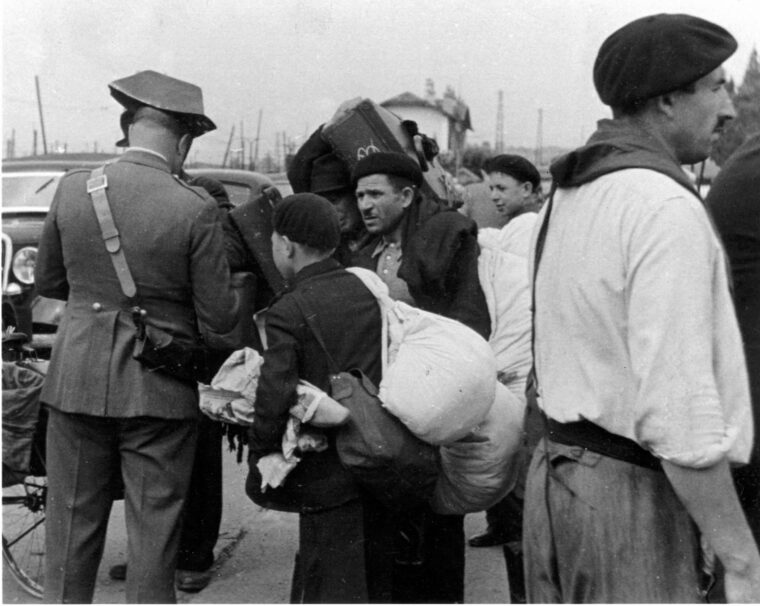
The man who stood alone in 1940 to defy three dictators in defense of humanity was put on trial for disobeying regulations, shunned, and relegated to poverty and oblivion. He died a martyr and was denied even a footnote in the record of World War II.
Aristides de Sousa Mendes was born on July 9, 1885, in the village of Cabanas de Viriato in the scenic northern province of Beira Alta, Portugal. He was the son of Jose de Sousa Mendes, a well-to-do high court judge, and Maria Angelina de Abranches. The family lived in a picturesque three-story mansion with a gray slate mansard roof and the coat of arms painted on the ceiling of the entrance hall. Next door was the village church.
Aristides and his twin, Cesar, were raised with strong values centered on the family’s monarchic traditions and profound Catholicism. Aristides and Cesar learned to respect the law at their father’s knee, and they pursued law degrees at Coimbra University, one of the oldest universities in Europe. They graduated in 1907 with identical grades. Opting for careers in the diplomatic corps, they were assigned to successive posts over the globe. They both married, but the bond of twinship remained constant.
Aristides wed his beautiful cousin, Angelina, before entering the Foreign Service in 1910. “Gigi,” as he called her, was a warm-hearted woman of simple tastes and uncommon courage. She would share the burdens of her husband’s one-man crusade against inhumanity and would be victimized along with him, die in poverty, and be denied even a common obituary.
During diplomatic assignments in British Guyana, East Africa, Brazil, California, and elsewhere, Aristides and Angelina produced 14 children. The glamour and adventure of their lifestyle was tempered with many serious bouts of malaria and struggles to find adequate housing and proper schooling for the children.
In 1929, Sousa Mendes was promoted to consul general and assigned to the bustling Belgian port of Antwerp. The family settled in nearby Louvain, where the older sons and daughters attended the famous university. At family gatherings in the evenings, the children played instruments and the consul sang tenor. It was a happy and loving family. Before bedtime, the father led the rosary with the children and the maids, and after church on Sunday mornings, the family took outings in the Belgian countryside.
In order to dispense with frequent head counts, Sousa Mendes bought a truck and converted it into a bizarre-looking bus that could seat 17. The children dubbed the vehicle the “White Pigeon,” and it drew many amused stares when it pulled into parks and disgorged its occupants.
Sousa Mendes became the dean of the diplomatic corps in Antwerp, and his home was a favored social center. The mayor was a frequent guest, and other visitors included Count Maurice Maeterlinck, the famed poet and dramatist, and physicist Albert Einstein. Family vacations were spent at the homestead in Cabanas de Viriato, which the consul enlarged and improved.
Tragedy struck the family in Antwerp in 1934. Manuel, the second son, died at 23 of a ruptured blood vessel just after completing his university degree, and a few months later, the youngest daughter and 14th child also died.
In 1938, Sousa Mendes asked his superiors in Lisbon for a promotion and a post in the Far East, but Premier Salazar, who had taken the reins of the Foreign Ministry, responded by naming him the consul-general in Bordeaux. He appealed twice, but Salazar turned a deaf ear.
The family moved into the consulate at 14 Quai Louis XVIII in August 1938, and life resumed. The children found new schools and friends, and everyone welcomed the mild and sunny climate. Weekends were spent aboard the trusty “White Pigeon” heading for picnics in the French countryside.
Then came the fateful month of September 1939. Germany invaded Poland on September 1, and Great Britain and France declared war two days later. Portugal swiftly declared neutrality, while quietly assuring Britain that it would adhere to the Anglo-Portuguese Alliance dating back to the Treaty of Windsor in 1386.
Neutrality proved to be a hard road for dictator Salazar. He admired Mussolini, owed loyalty to Britain, was anxious to keep adjoining Spain out of the war, and had no desire to anger Hitler. On November 11, 1939, he issued a directive forbidding his diplomats in Europe from granting transit visas to certain categories of people, without express permission from Lisbon. The categories included “Jews expelled from the countries of their nationality or those from whence they issue, stateless persons, and all those who cannot freely return to the countries whence they come.” The directive, said Salazar, was meant “to avoid abuses or loose practices” which the Police of Vigilance and Defense of the State (PVDE) deemed “inconvenient or dangerous.”
Consul Sousa Mendes objected strongly to the orders as morally and legally objectionable, and in violation of Portuguese constitutional guarantees of nondiscrimination on the basis of religious belief.
Within days of the issuance of Salazar’s edict, the country judge’s son was called to task by his superiors for issuing a visa to a Viennese refugee, Professor Arnold Wiznitzer. The consul explained, “He [Wiznitzer] informed me that, were he unable to leave France that very day, he would be interned in a concentration camp, leaving his wife and minor son stranded. I considered it a duty of elementary humanity to prevent such an extremity.”
It was the compassionate diplomat’s first infraction. By April 1940, he had violated enough regulations to earn a stern reprimand. “Be warned,” he was told in a letter, and the Portuguese border patrol, an arm of the PVDE, was ordered to keep watch on him.
As Bordeaux became inundated with refugees in May and June 1940, the Portuguese consulate was besieged day and night. Crowds clamored for transit visas—army officers from occupied Austria, Poland, and Czechoslovakia; French, Belgian, and Luxembourgois anti-Nazis; intellectuals and writers who had denounced fascism; artists and journalists; priests, nuns, and rabbis; and countless ordinary citizens who now had no homes. Some were old and some were sick. There were pregnant women, and many orphaned children who had seen their parents killed on the roads by German planes.
Sousa Mendes did what he could for them, but he was too prudent to defy Foreign Office rules needlessly. His authority had been virtually suspended. As of May 17, Premier Salazar had issued new regulations. Under no circumstances was any visa to be granted unless authorized by Lisbon on a case-by-case basis.
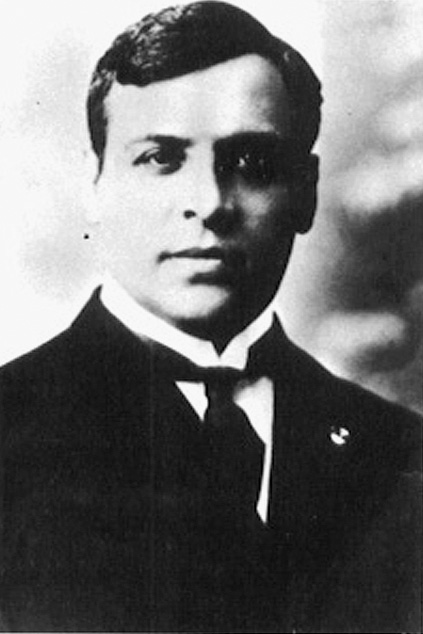
Reluctant to disobey further, the consul made every effort to comply and fired off hundreds of telegrams to Lisbon with the aid of his son, Pedro Nuno, 20. Each telegram was written in code, detailing the individual visa request. Pedro Nuno carried stacks of telegrams to the post office, but from Lisbon there was mostly silence.
By the second week of June, with talk of an impending Franco-German armistice in the air, tensions increased in Bordeaux. Policemen were stationed in and around the consulate. Sousa Mendes and his wife opened their living quarters to as many people as the rooms would hold. The couple’s youngest children had been taken to Portugal at the start of the war. The housemaids had left with them, so Angelina cooked, washed clothes, and cared for the neediest refugees. One was a 10-year-old Belgian boy whose parents had vanished, probably killed by the Germans. He clutched tightly to a little bag of diamonds. Another was a renowned Sorbonne professor so distraught that he stayed in his pajamas all day long. And there was Rabbi Chaim Kruger, who had fled from Poland through Belgium with his wife and six children. He and the consul became friends.
The lives of the refugees crowding around the consulate were momentarily on hold, and they looked to Sousa Mendes for survival. The Germans were drawing nearer, and time was running out. The consul felt himself marooned amid the thousands of “shipwrecked,” and he cabled his superiors twice requesting authority to deal with the emergency. He was tersely referred to the directives in place. He had his orders, and only Lisbon could approve visas.
On June 12, Franco changed Spain’s status from “neutral” to “nonbelligerent.” Salazar depended on Teotonio Pereira, his ambassador in Madrid, to keep a finger on Franco’s pulse. The envoy opposed any change in policy regarding the refugees and warned that sheltering “the scum of the democratic regimes” boded ill for Portugal in the eyes of Spain.
Sousa Mendes’s student nephew, Cesar, had left Paris and taken refuge in Bordeaux. He observed, “All the rooms in the consulate building were full of people. They slept on chairs, on the floor, on the rugs. Even the consul’s offices were crowded with dozens of refugees who were exhausted, dead tired, because they waited days and nights on the street, on the stairways, and finally in the offices. They could not take care of their needs, they did not eat or drink for fear of losing their places in the lines, which happened nevertheless and caused some disturbances. My uncle fell ill, and had to take to his bed … He got up, impelled by a ‘divine power’—these were his own words—and gave orders to grant visas to everybody.”
During the three days of Sousa Mendes’s confinement, June 14-16, Angelina sustained her exhausted husband and tried to calm the pressing refugees. The couple spent one entire night in prayer, reported their son, Sebastian. During the three days, the consul’s hair turned white.
On the morning of June 17, Sousa Mendes arose, his mind made up and having freed himself of all constraints. Regardless of the consequences, and refusing to be intimidated any further by the bureaucrats in Lisbon, he would start issuing visas freely.
The work started immediately. It was an assembly-line operation. Passports were gathered in stacks and bags. One person stamped them, others filled in the required wording, and the consul signed them. To save time, he abbreviated his signature to “Mendes.” No fees were collected, and no entries were made in the consular registry. Rabbi Kruger, the consul’s older sons, and some refugees assisted on the assembly line. Countless visas—many written on scraps of paper—were handed out.
The work continued all day and night, and through June 18. That day, Count Henry Degenfeld entered the consulate with 19 passports for the imperial family of Austria. Otto of Habsburg’s name was at the top of Hitler’s blacklist. The count was told to return later that night. The woes of the Habsburgs weighed no more heavily on Sousa Mendes than those of the ordinary people who had waited days and nights. After 10 pm, the count and the archduke himself returned to pick up visas for the Habsburg household and Austrian refugees in hiding.
The consul’s stand was a fait accompli to which Salazar and his political police had to bow. A mechanism had been set in motion; once the refugees crossed the international bridge at Hendaye-Irun and were granted passage through Spain, there was no return. The noncompliant consul had forced open an escape route for thousands. “It was indeed my objective to save all those persons, whose affliction was beyond description,” he explained later at a Lisbon hearing. “The imperatives of my conscience … never ceased to guide me in the performance of my duties, with perfect knowledge of my responsibilities.”
The siege of the Portuguese consulate continued through June 19. That night and the following day, German planes bombed Bordeaux. Panic-stricken, the crowds of refugees ran for Bayonne and Hendaye, closer to the Spanish border. Bayonne, a small city, was soon deluged with refugees.
The consulate in Bayonne fell under Sousa Mendes’s jurisdiction, so he drove there on June 20. He found 20,000 refugees lining the city streets, and another 5,000 encircling the consulate. Its staff was under siege and could enter or exit only through the roof. The Bordeaux consul-general shouldered through the mob and entered the front door. The Bayonne consul, Machado, was observing Lisbon regulations, and activity was at a halt. Sousa Mendes ordered him to start issuing visas immediately.
He led the effort, and the hesitant Machado assisted. But the subordinate consul, fearing for his job, wired Lisbon the following morning to report the breach of regulations. He also telephoned Ambassador Pereira in Madrid. Pereira had no jurisdiction over consulates in France, but he felt compelled to hasten to the frontier.
Sousa Mendes issued visas freely at Bayonne until the afternoon of June 22, and then drove to Hendaye. That day, cablegrams from Lisbon arrived in Bordeaux and Bayonne instructing him to stop his activities. But by then he was on the streets of Hendaye, handing out large numbers of visas. Many of them were assorted scraps of paper, each bearing the consular stamp and Sousa Mendes’s priceless signature, asking the Spanish border patrol to grant passage to the bearer. The unorthodox documents kept the great exodus moving.
“My Impression was of a Disturbed Man, Not in His Right Mind.”
At the border post of Irun, Sousa Mendes found the gate closed to a mass of desperate, imploring Czech, Polish, and Jewish people. He went inside, pleaded with the Spanish guards for two hours, and returned to open the gate himself. The refugees scrambled onto Spanish soil. The Bordeaux consul also personally led a large group of refugees to the obscure border post at Behobia, which he had known in peacetime, and convinced the lone Spanish guard to admit the visa holders.
On June 23, Ambassador Pereira found the weary Sousa Mendes in Irun, still issuing visas. “I came across Consul Aristides Mendes and asked him to explain to me such an extraordinary behavior,” Pereira reported to the Foreign Office in Lisbon. “From all that I had heard, and from his greatly unkempt appearance, my impression was of a disturbed man, not in his right mind.” Pereira declared null and void the visas Sousa Mendes had given to the refugees still in France.
However, the noncompliant consul continued to lead groups of refugees to Behobia and did not leave the streets of Hendaye until June 26, when German troops entered Bayonne. Returning to Bordeaux, Sousa Mendes found that he had been relieved of his post and ordered to leave France. Werhmacht units started occupying Bordeaux on June 27, and Hendaye the following day. Thousands of refugees were now trapped.
The heroic consul-general did not rush, for he had more work to do. Portuguese passports could prevent deportation to concentration camps, so he issued them discreetly until July 8. Many individuals and families were spared from Nazi clutches by his actions. Among them was the gallant General Jacques Leclerc (“the modern d’Artagnan”), who had fought in the Battle of France, suffered a serious head wound, and since evaded capture. He left his wife and six children in a temporary haven near Bordeaux on July 3 and fled through Spain and Portugal to London. He later distinguished himself with the British Eighth Army in Libya and Tunisia and triumphantly led the Free French 2nd Armored Division in the liberation of Paris on August 25, 1944.
Sousa Mendes was again censured by Lisbon. He had become an acute thorn in the side of the Portuguese premier, who ordered administrative action against him. A disciplinary council was named to define charges and determine penalties. Specifying charges was not easy, for Sousa Mendes had been a loyal and hard-working diplomat and was an honorable man.
Many refugees who had reached Portuguese cities and towns were openly voicing gratitude to the regime that had supposedly saved them, and the word was out that Portugal was a haven in war-torn Europe. Sousa Mendes’s disobedience had brought the Salazar government much good press. A Life magazine article on July 29, 1940, dubbed the dictator “the greatest Portuguese since Henry the Navigator.” It would therefore be incongruous to accuse the consul-general of dishonoring his post.
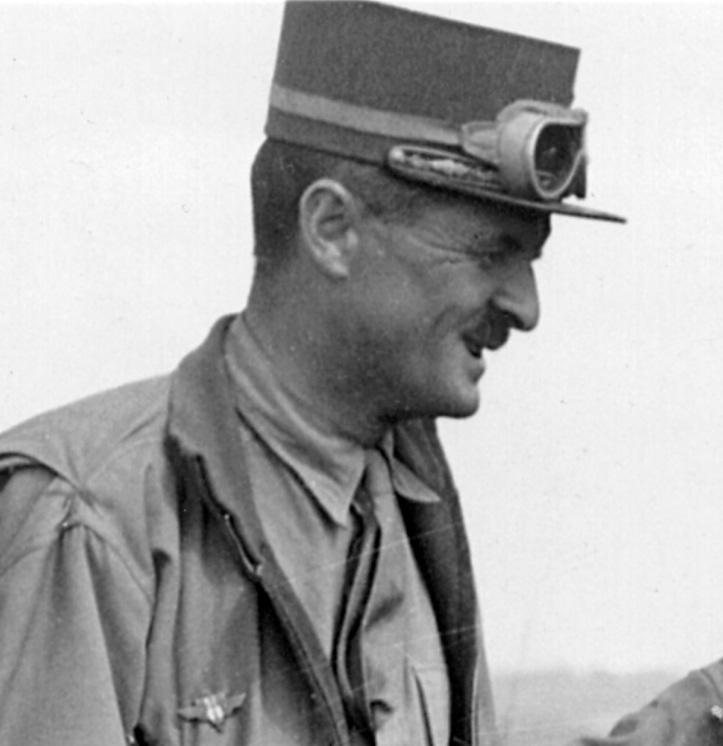
The foreign accolades did not soften Salazar. The line had been crossed and government policy overturned by the man who would say later that he had stood “with God against man, rather than with man against God.” Officials in Lisbon produced testimony, minions combed the records of Sousa Mendes’s 30 years of loyal service to uncover petty infractions, and a flimsy case was made for “professional incapacity.” The consul-general was rendered contemptible and officially shunned. The voluminous case files were closed, classified, and locked up.
Aristides de Sousa Mendes, who had stood alone against the blitzkrieg and saved the lives of 30,000 people, was now a disgraced non-person in his homeland, and the rest of his days would be one long Calvary.
He tried many times to obtain a proper and fair hearing but met a wall of official silence while the Salazar regime basked in universal praise for having opened up the country to refugees. Sousa Mendes’s brother, Cesar, attempted to intervene on his behalf and was suspended from his own post for five years.
Shunned by former friends and colleagues and unable to find a worthwhile job, Sousa Mendes and his family faced destitution.
The education of the younger children was cut short, and the older ones could not find work. Official ears were deaf to their plight. The family that had lived in stylish consular residences around the world was forced to take meals along with refugees at a Lisbon soup kitchen run by the Hebrew Immigrant Aid Society. One day there, Sousa Mendes remarked to Isaac Bitton, a young Portuguese Jew, “We, too, are refugees.”
Occasionally, the disgraced consul-general was summoned for a supposed interview with Premier Salazar. He would be kept waiting in the vestibule all day and then dismissed. He was closely watched and was interrogated by the PVDE. Active files were kept on his older children. “We were too notorious, as if we were evildoers,” reported son Pedro Nuno.
An Ignominious Death
The financial hardship and protracted humiliation took its toll. A few weeks before the end of the war, Sousa Mendes suffered a stroke that left him partially paralyzed. The children stood by him, as did the noble Angelina, but her own health was failing. She suffered a cerebral hemorrhage in 1948 and never regained consciousness. With no insurance and little money, medical care was minimal. Angelina remained in a basement apartment in Lisbon where the water rose when it rained. She died at 59 after languishing for six months in a state of growing decomposition, according to the youngest son, John Paul. The censored newspapers did not run an obituary.
The noncompliant diplomat outlived his devoted wife by six years. He kept hope that some day his good name would be restored by the Lisbon government, but it did not happen. Meanwhile, with the help of the HIAS, the traumatized Sousa Mendes sons and daughters emigrated because there was no future for them in Portugal. One by one, they left to seek new lives in Belgium, Africa, Canada, and the United States.
Still an outcast in his own country, their father died on April 3, 1954, at the Franciscan Hospital of the Tertiary Order in Lisbon. One niece, Madalena, was at his bedside. There were no obituaries for him, either, with the exception of one in a newspaper in the Belgian Congo.
The heavily mortgaged homestead at Cabanas de Viriato—minus some doors which had been burned for firewood in winter—was auctioned to pay debts. Then it was looted of its contents.
Recognition of what the noncompliant consul did for 30,000 World War II refugees came first in Israel, where memorial trees were planted in 1961 and 1967, respectively, at the Holocaust Museum and the Garden of the Righteous in Jerusalem. The Yad Vashem Remembrance Authority posthumously declared Sousa Mendes a “righteous Gentile,” and a commemorative medal was stamped. Later, a grateful descendant of one of the refugees he saved had 10,000 trees planted to create what became the “Aristides de Sousa Mendes Memorial Forest” near Jerusalem.
Rehabilitation took much longer in his homeland, where the unyielding Premier Salazar remained in power until almost the end of his life. He died in 1970. A crusade to restore Sousa Mendes’s good name, spearheaded by the consul’s daughter, Elisa Joana, gained impetus when moderate Mario Soares was elected president of Portugal. United States Representative Tony Coelho of California and 68 other congressmen sponsored a bill in the U.S. House of Representatives calling on the Portuguese government to recognize the diplomatic hero.
Finally, on May 19, 1987, President Soares awarded the Portuguese Order of Liberty and the Grand Cross of the Order of Christ to the Sousa Mendes children. A park in Montreal, and a square in Jerusalem were named for Sousa Mendes. Bordeaux honored him in May 1994 with a bust next to a statue memorializing the French Resistance and a plaque at 14 Quai Louis XVIII. It reads, in part, “He who saves a life, saves as it were a world.”
Portugal paid belated homage in 1995 with a memorial Mass and the unveiling of a plaque at the Parque subway station in Lisbon. Also that year, a postage stamp honoring Sousa Mendes was issued. It read, in part, “Aristides de Sousa Mendes: his signature saved thousands.”
In 2000, he was honored at the United Nations in New York City along with Pope John XXIII, who, as the papal nuncio (ambassador) in Bulgaria, Istanbul, and Greece in 1940-1945, rescued scores of Jews “from the tyranny of the Nazi era.”
Meanwhile, the consul’s youngest son, John Paul Abranches of Pleasanton, Calif., and the International Committee to Commemorate Dr. Aristides de Sousa Mendes have been working for several years to have the dilapidated family home at Cabanas de Viriato restored and turned into a museum and archival center promoting Christian-Jewish relations.
It has been estimated that a million refugees fled from Nazism through Portugal during World War II. Their path was forcibly opened in 1940 by Aristides de Sousa Mendes, who sacrificed everything for it.
Michael D. Hull writes frequently on the subject of World War II from his home in Enfield, Connecticut.
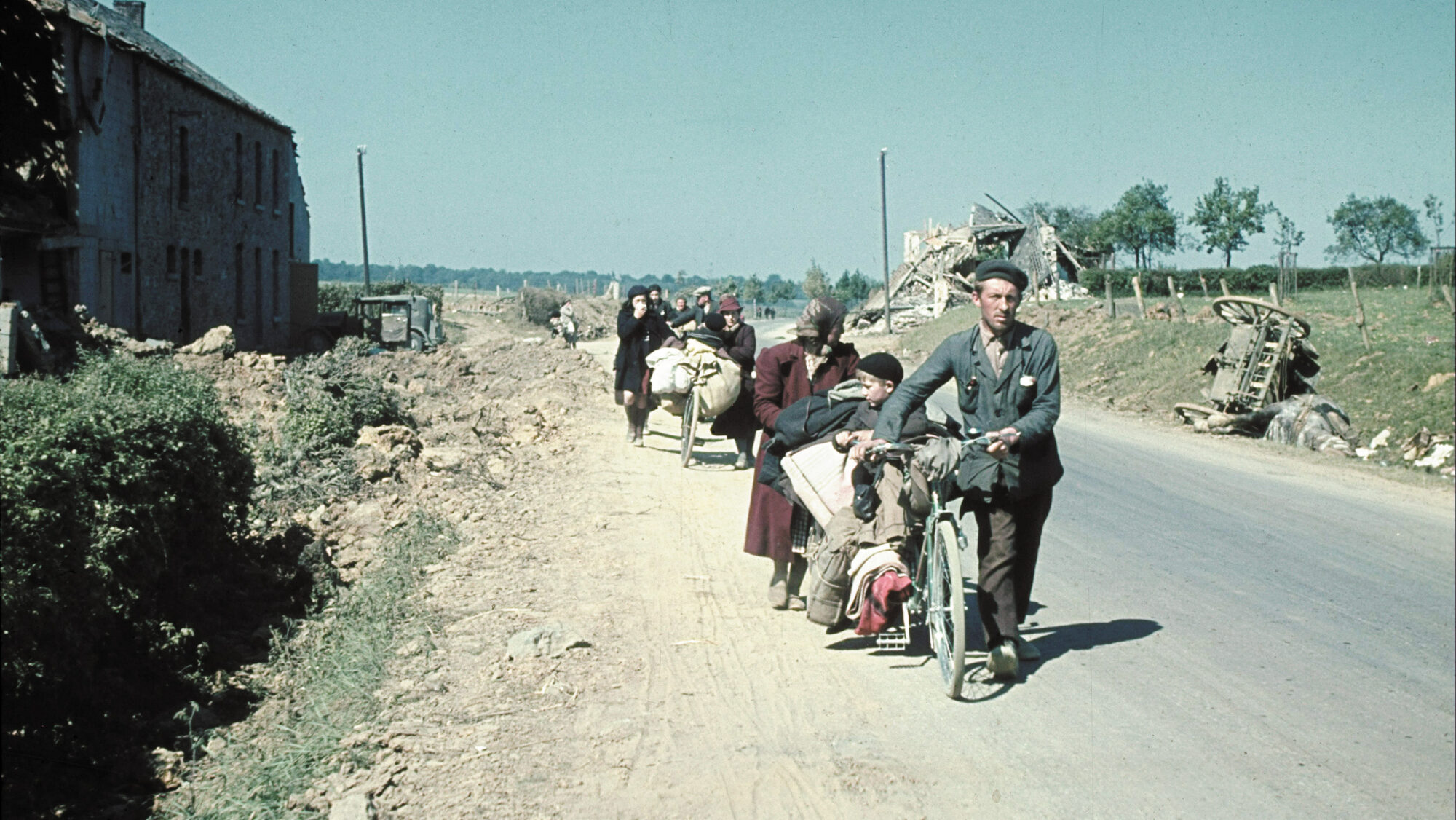
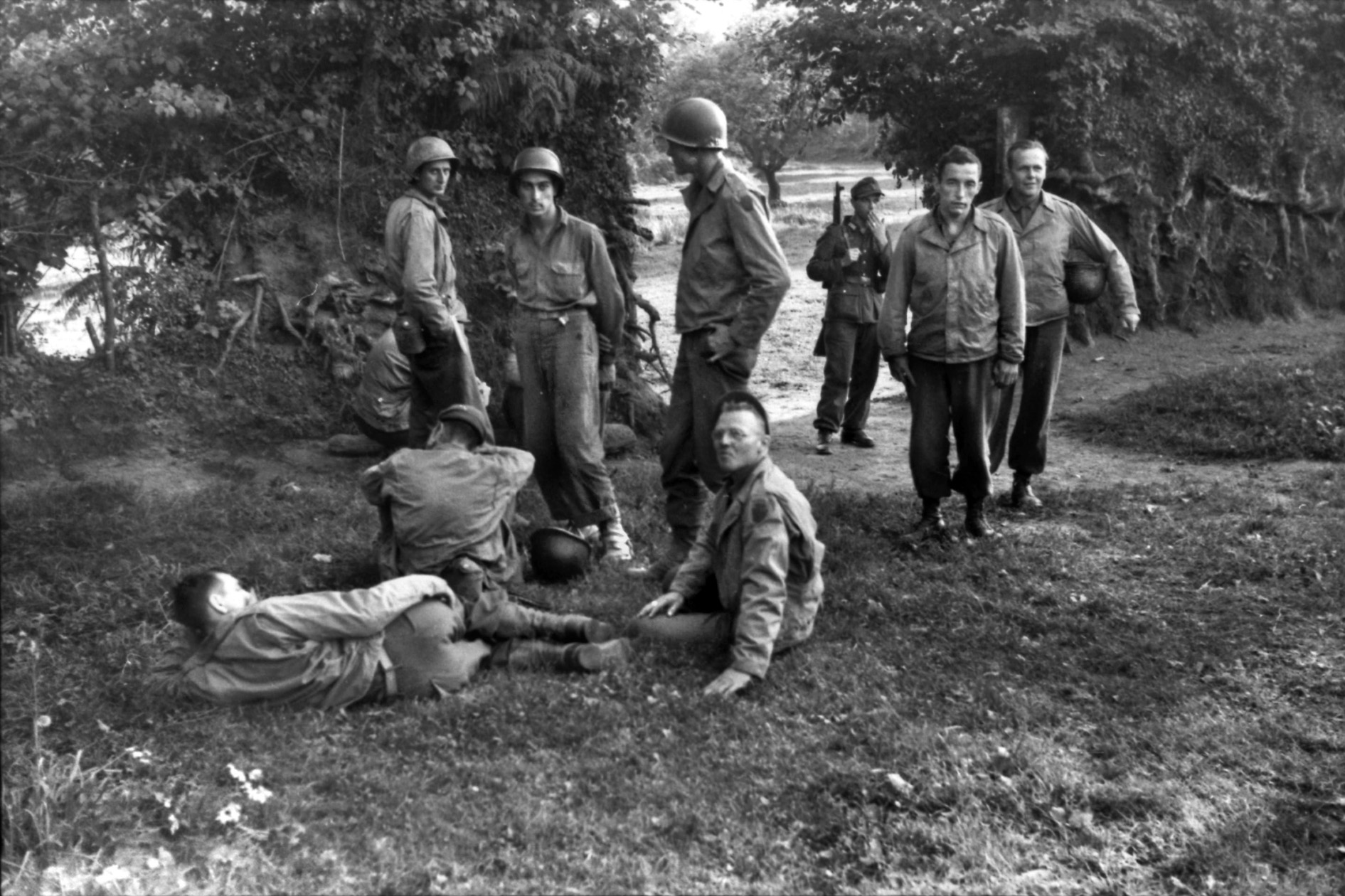
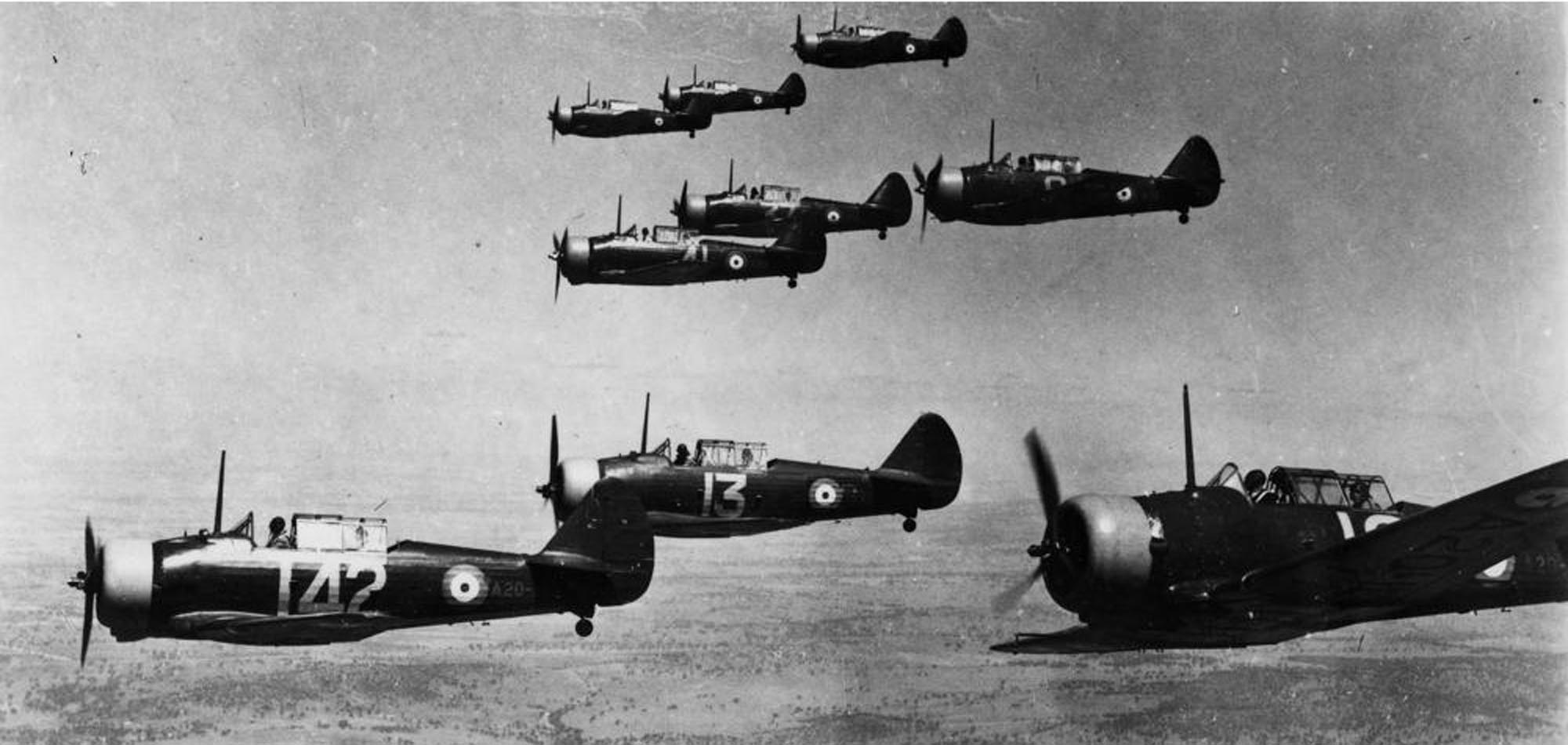
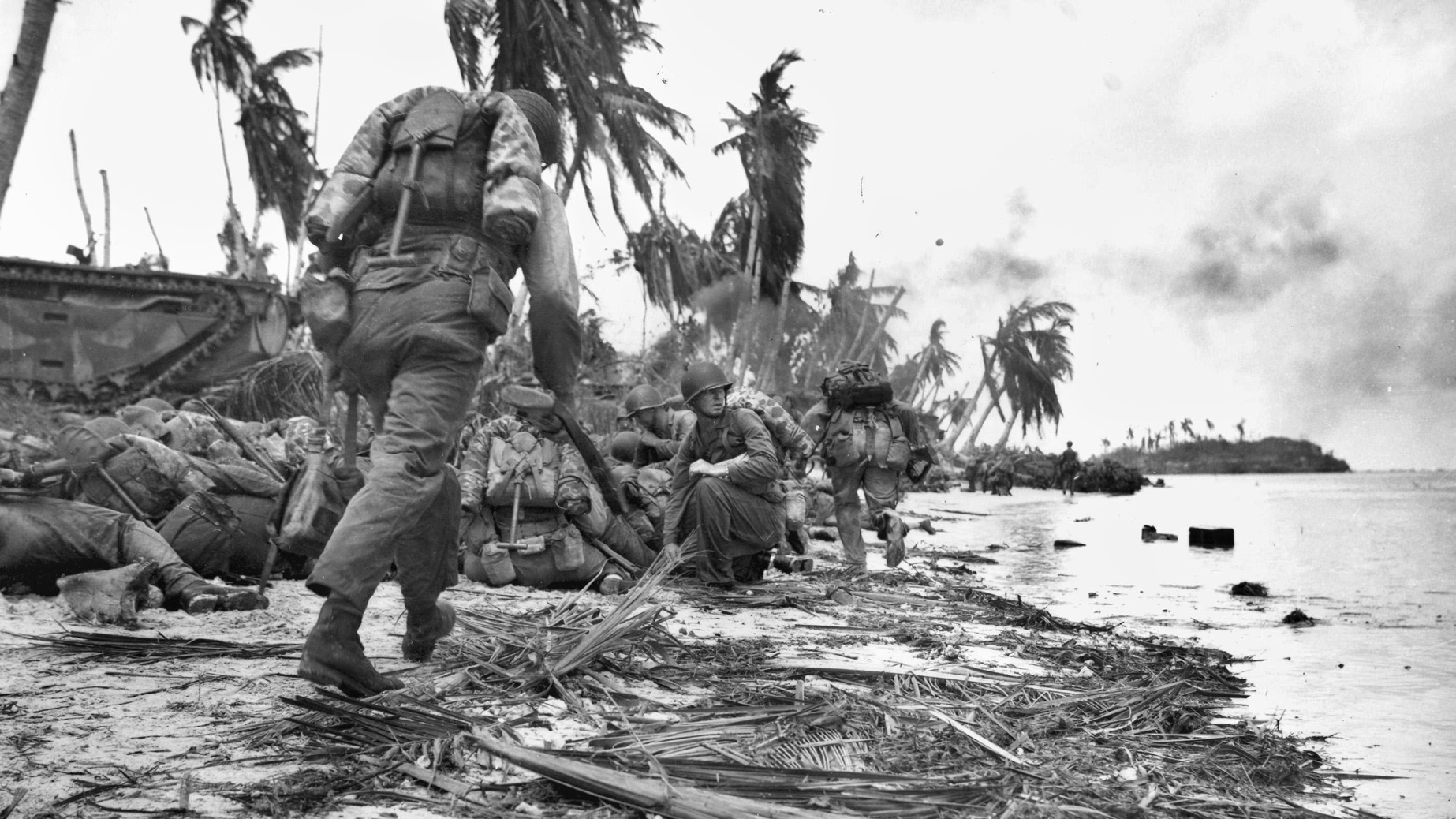
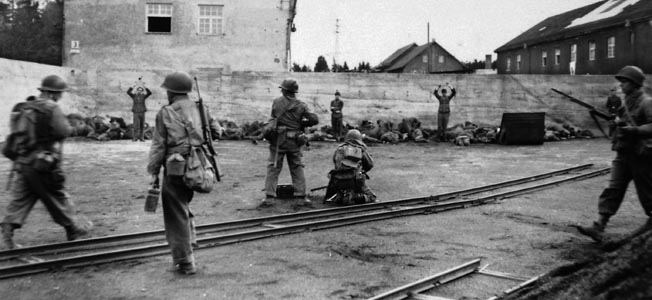


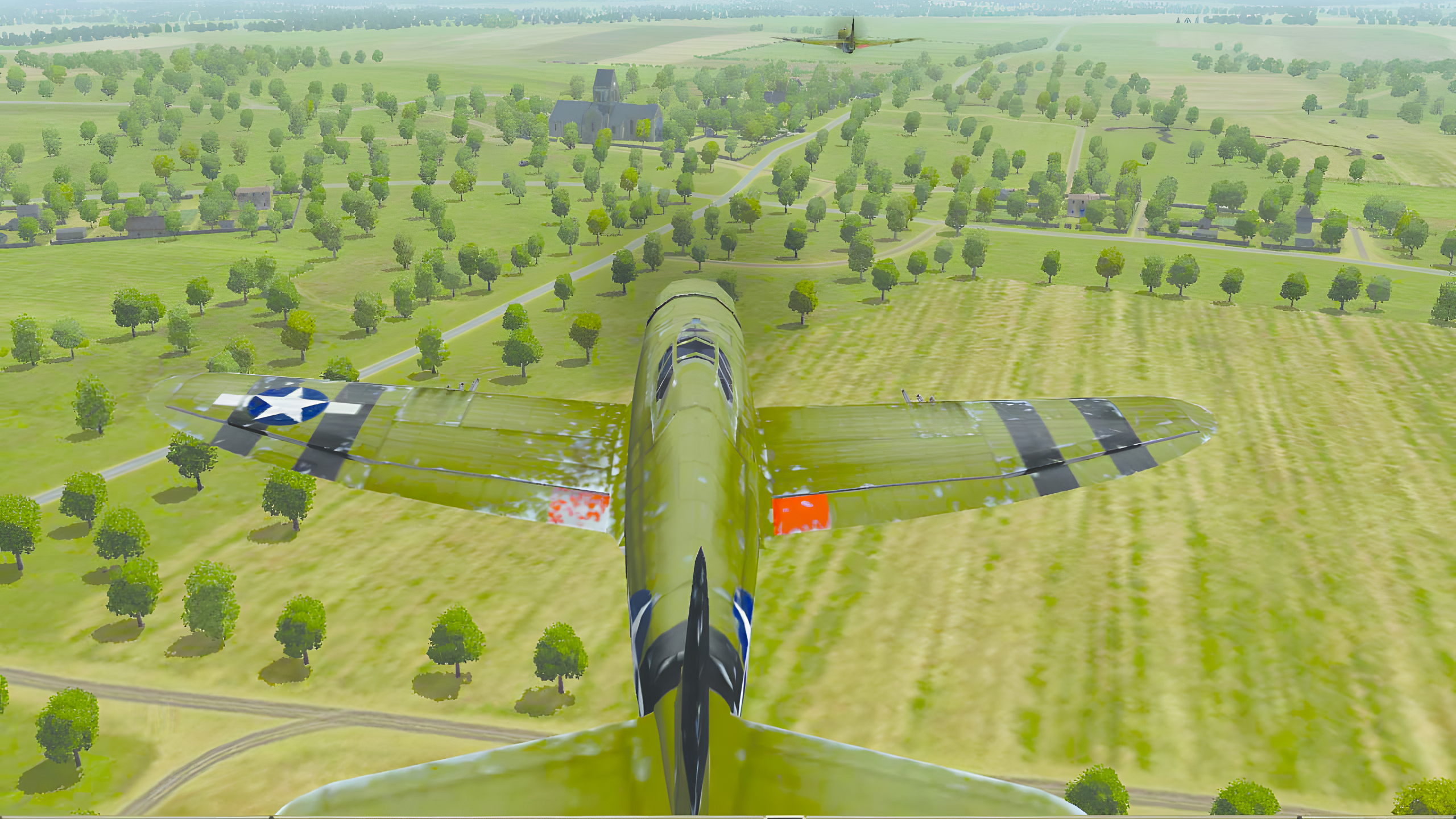
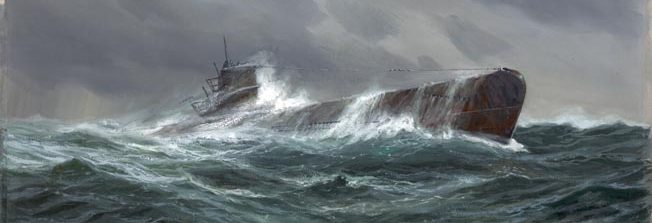
It is a tragedy that the actions of a good, honorable man were met with the same contempt and disdain that should have been reserved only for those who treated him as they did when he was alive. Let us all learn from this article and give recognition and accolades to the heroes who, like Aristides de Sousa Mendes, had always deserved them.